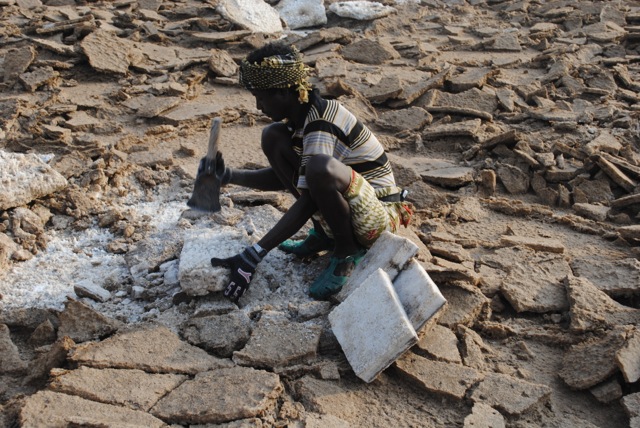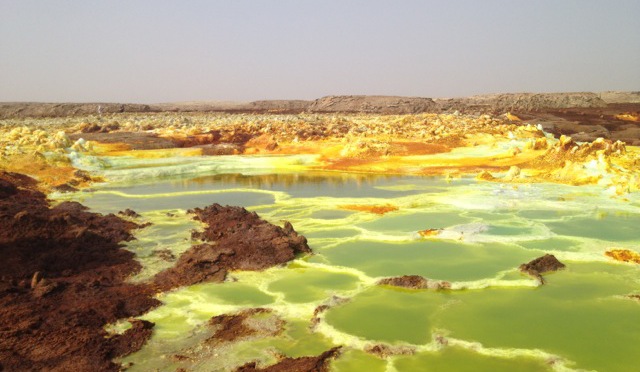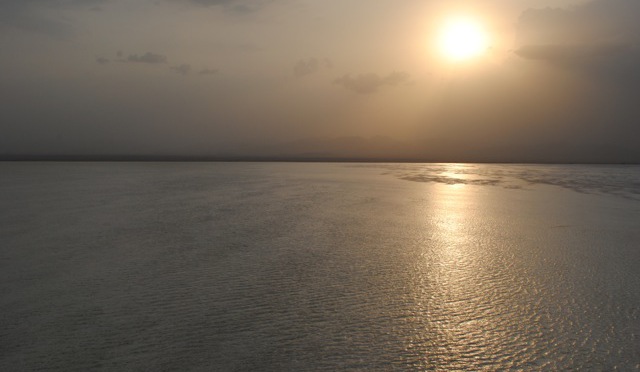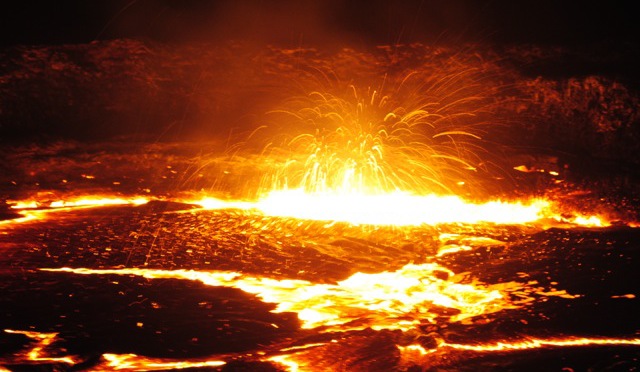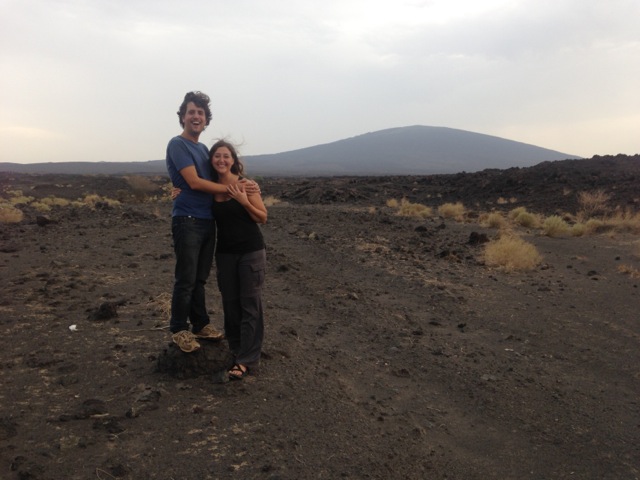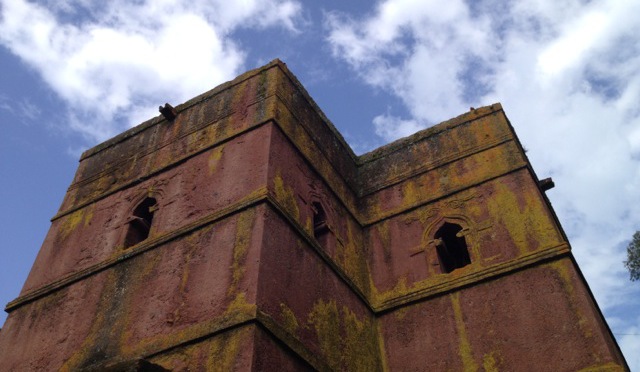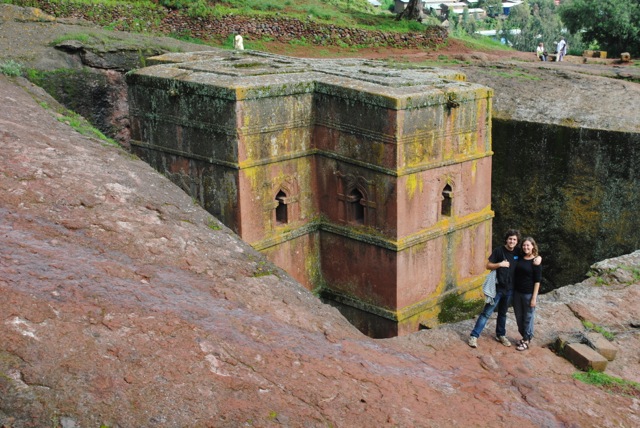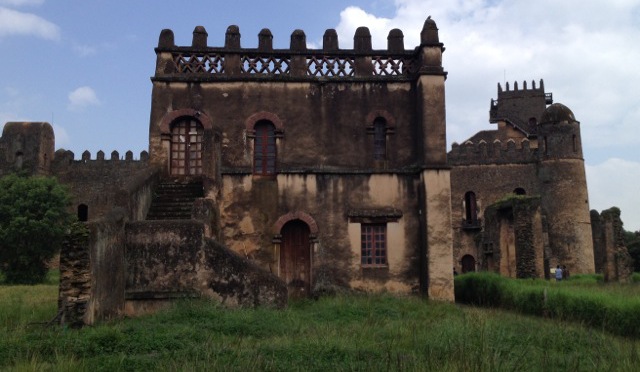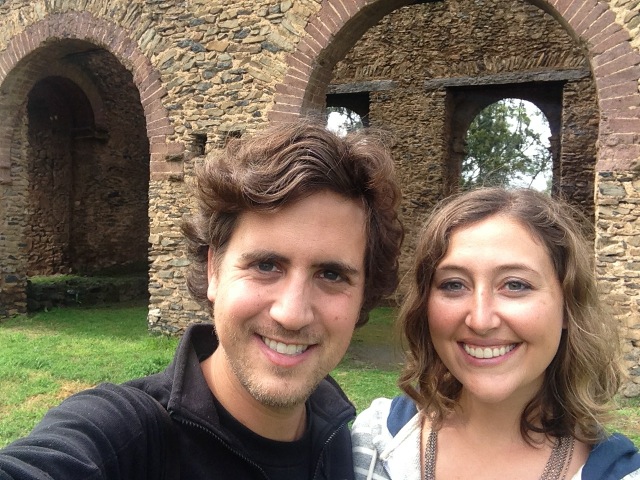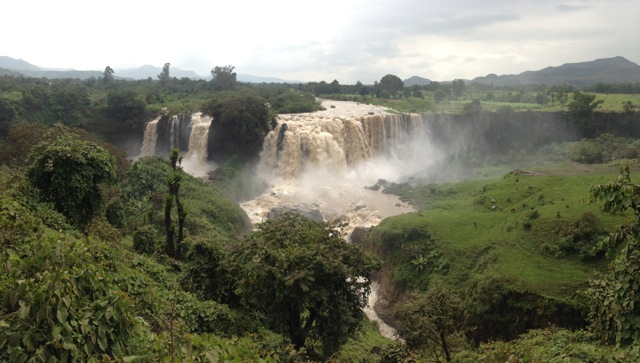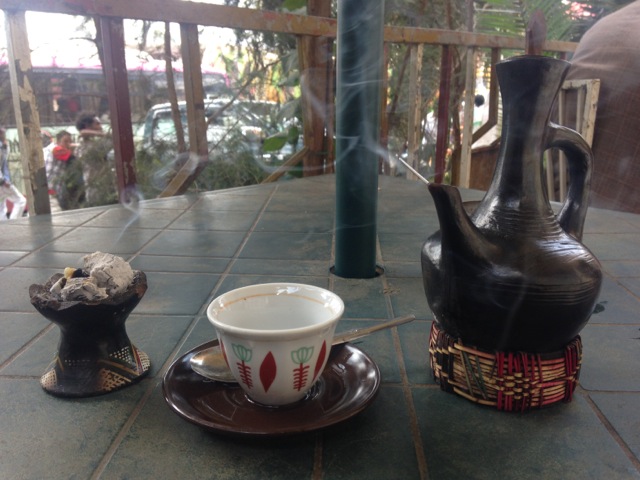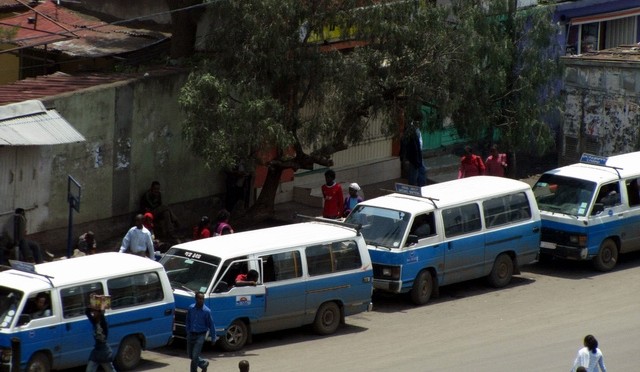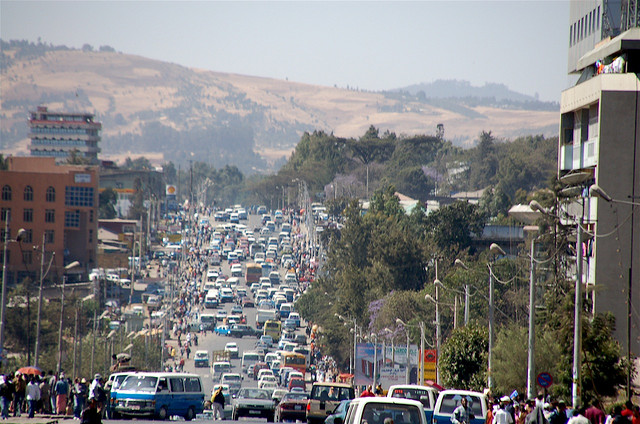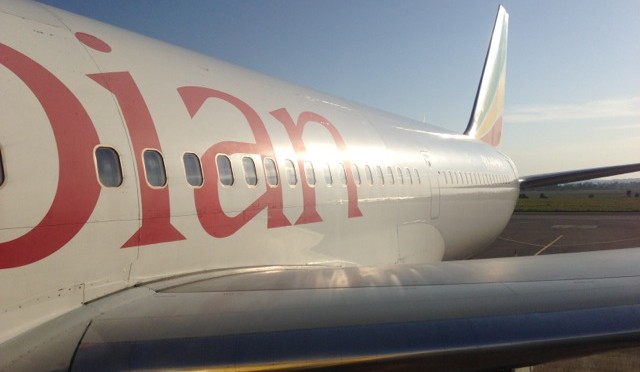Although not something that we widely publicized here, one of our central plans for this African adventure was to travel all the way from Cape Town to Cairo in one uninterrupted overland journey in a sort of reverse Dark Star Safari.1 In pursuit of this goal – and the resulting opportunity to get to see Africa unfold and gradually transition from Southern, to Eastern, to Northern – we have endured some particularly long and/or arduous bus journeys between destinations which reasonable people would have otherwise flown.
Up through Uganda, we had been fairly successful in traveling overland from South Africa, through a circuitous journey over several months, snaking thousands of kilometers along the way through Swaziland, Lesotho, Namibia, Botswana, Zambia, Zimbabwe, Malawi, Tanzania, and Rwanda.2 Aided by our American passports, we had been able to easily obtain visas on arrival at the borders of each of the countries we had visited in Southern and Eastern Africa. Unfortunately, this would not be the case for Ethiopia. Although visas are readily issued on arrival at the international airport in Addis Ababa, Ethiopia strictly refuses to issue any visas at its land borders. Our only recourse, therefore, would have been to apply for a visa at one the Ethiopian embassies we encountered along the way during our travels across Africa.3 Continue reading Skipping Kenya →
